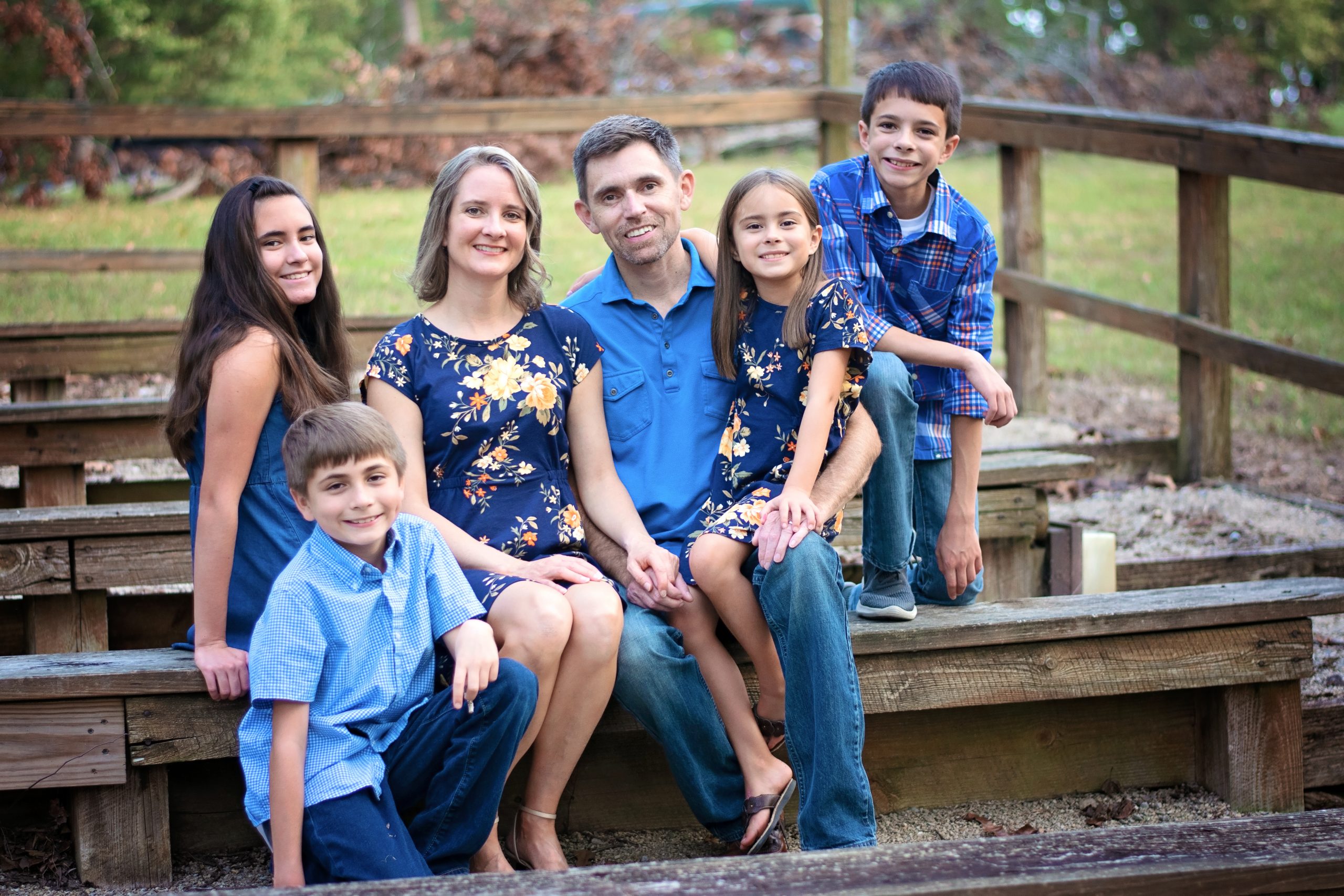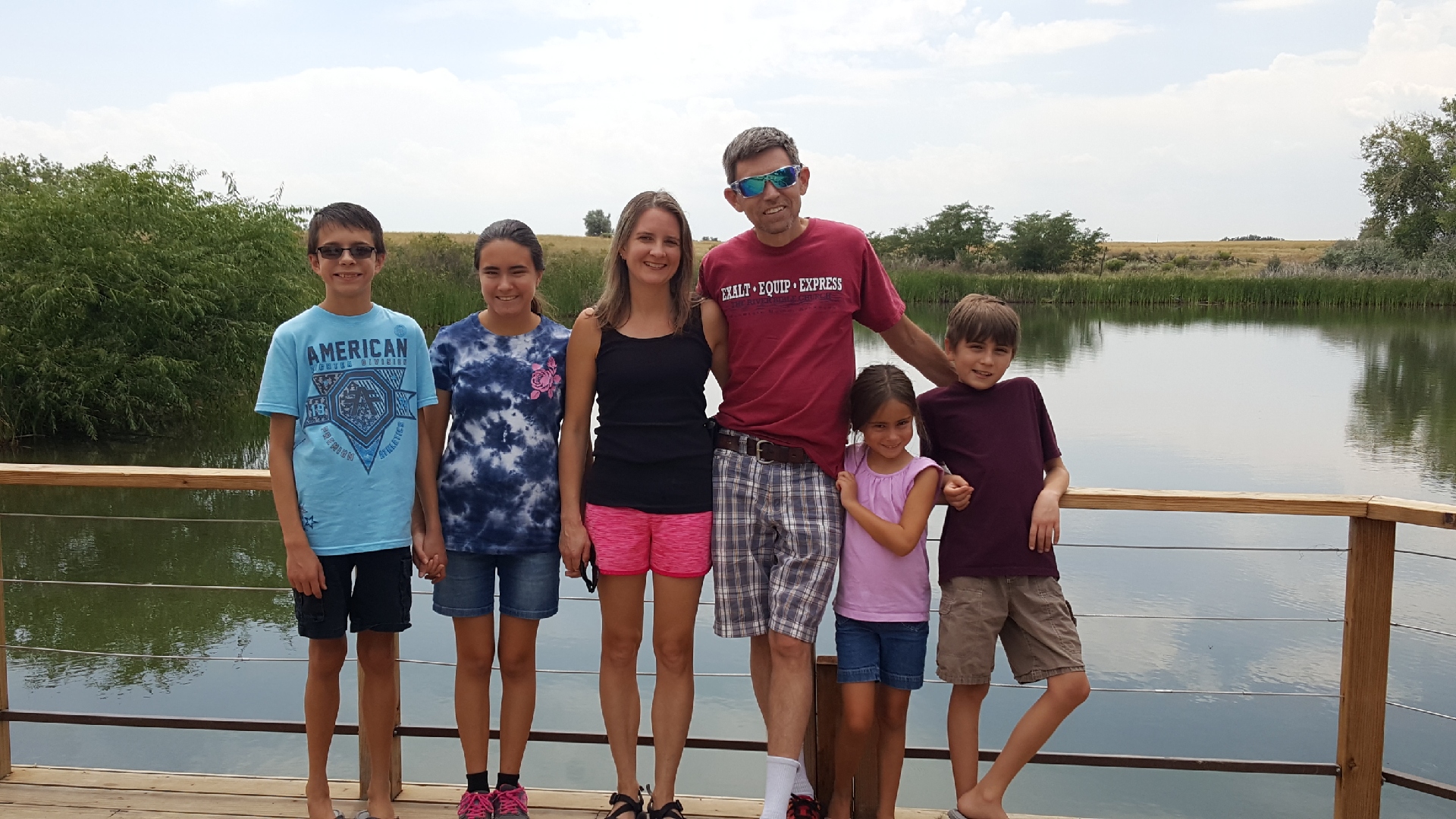
I'm happy to introduce Heather Kaspar to you this week! Heather fostered through The CALL and has some practical advice if you're considering fostering as well as ways to volunteer.
Hi Heather! How did you hear about fostering?
Years before we became foster parents, Caleb mentioned doing it. The idea was scary and repulsive to me. What if we ended up with a kid I couldn’t manage? Besides, I’d been babysitting since I was 11 years old and didn’t like taking care of other peoples’ children.
Several years later, God convicted me through a multitude of passages in the Bible and a biography on George Muller about his love for the orphan, widow, oppressed, and poor. I had some degree of concern for them before, but only enough to give a little money here and there. God showed me he calls his followers to a more radical faith, one that will require our most valuable resource—our time.
A decade and four biological kids later, I met a woman at church who was working to bring The CALL to Mountain Home. I was appalled to learn there were only three foster homes open in Baxter County. As such, most of our local foster children were shipped to other counties in Arkansas.
In what was more an act of obedience than an emotional love at the time, my husband and I became a Foster Family Support System(FFSS) family, allowing us to take foster kids for up to 72 hours for foster families who needed a break or had an emergency.
We had one, maybe two, placements during the year we were an FFSS family. God was nudging us to get more involved, so when an article in the newspaper quoted Governor Asa Hutchinson calling Christian families to step up to care for foster children, we answered.
How could we stand by while hundreds of foster kids went without homes, often spending nights in offices because there weren’t enough foster parents? We did respite care for three years before becoming an FFSS family again at the end of 2019.
What was the process like becoming a foster parent?
We signed up through the CALL to complete the training to become foster parents. During the first meeting, we elected to do respite foster care which would allow us to take foster kids up to two weeks at a time. My husband was about to start graduate school while he continued to work, so the short placements matched our hectic life at the time.
Training consisted of four Saturdays where we heard from other foster parents or those involved in the CALL about subjects ranging from discipline to travel expenses to how to log medication administration to preparing our homes for foster children—and everything in between. We also had to complete CPR and First Aid training.

Were you ever interested in adoption?
I have seriously considered adoption and am open to it. My husband does not want to adopt. One thing I’ve learned through fostering is it requires a good support system. As such, decisions about placements should be made together in order to be most successful and beneficial.
If one foster parent is resistant, it can be less than an ideal placement for a kiddo and the burden of care can fall too heavily on the other foster parent. We will not adopt unless my husband decides it is something he wants to invest in for a lifetime.
Did you foster children come to you with bags or belongings?
Because we did respite care, a lot of our placements came directly from long-term foster families who were going on vacation. Those children always came with bags and belongings. The emergency placements usually had a couple items in plastic Wal-Mart bags the DHS workers were able to pull together before bringing them to our home. I spent quite a few evenings at the CALL closet gathering other essential items—clothes, diapers and wipes, bottles, formula, blankets—for those kiddos.
What advice do you have for someone considering fostering?
If you’re considering fostering, first make sure you have a good support network, especially your immediate family, but extended family and friends are important too. Discuss your desire to foster with family and friends and identify whether any would be willing to become FFSS for you.
Becoming an FFSS family is relatively simple compared to the training to become a foster family. It requires a background check, copies of driver’s licenses, and assessment of your home to make sure it’s safe for foster kids (I think that’s all—you might ask to verify).
Secondly, be willing to say “no” to a placement. Every foster parent starts out feeling guilty about declining, but when you take on more than you can handle, things don’t go too well for you or the kiddo. We took a child with severe special needs once.
After two weeks, an appropriate placement was still elusive, so we agreed to keep him longer. I felt like I was going to have a breakdown, and my husband finally insisted, after the child was with us four weeks, that DHS find another placement. Our mental health is important or we’ll have nothing to give the kids in our care.
The third thing I did often was to ask God to help me love the foster children. It’s not always easy, the demands can stretch us, but I found that God always gave me the supernatural power to love. And that’s coming from the person who first resisted foster care because she didn’t like to take care of other peoples’ children.
What kind of support was most helpful to you? How can people volunteer in a tangible way?
The most helpful support I received came from another foster parent who listened when I told her I was struggling while we had our child with special needs. She didn’t just pray for me or spout off something encouraging. She did something tangle. She took him for the day. During that difficult four weeks, I wondered how God’s people didn’t step up to help the orphans/fatherless despite the commands over and over throughout scripture to do so.
There is so much need but most the church is uninvolved in the care of these children. If you cannot be a fulltime foster parent, that’s okay—there are so many ways you can help a foster family care for the orphans/fatherless.